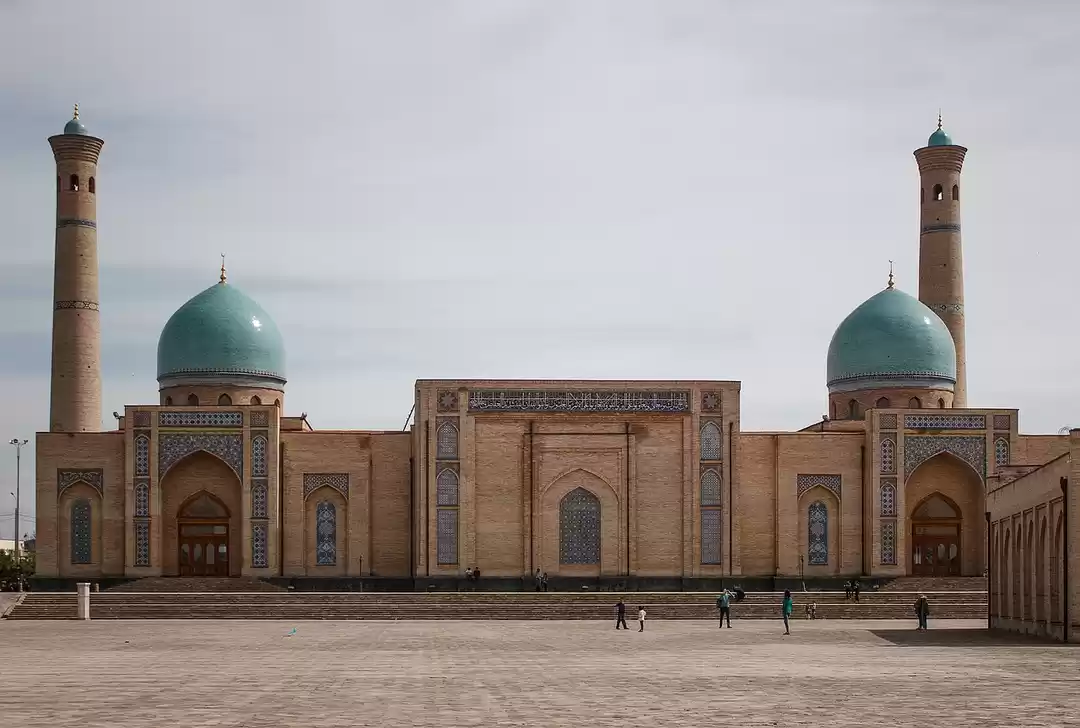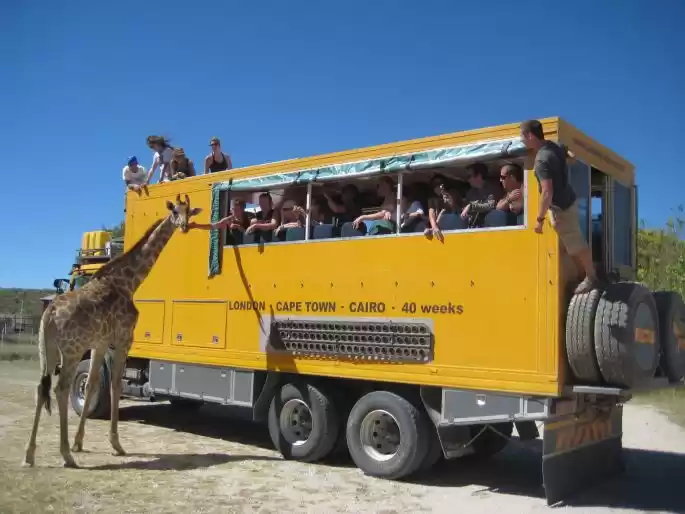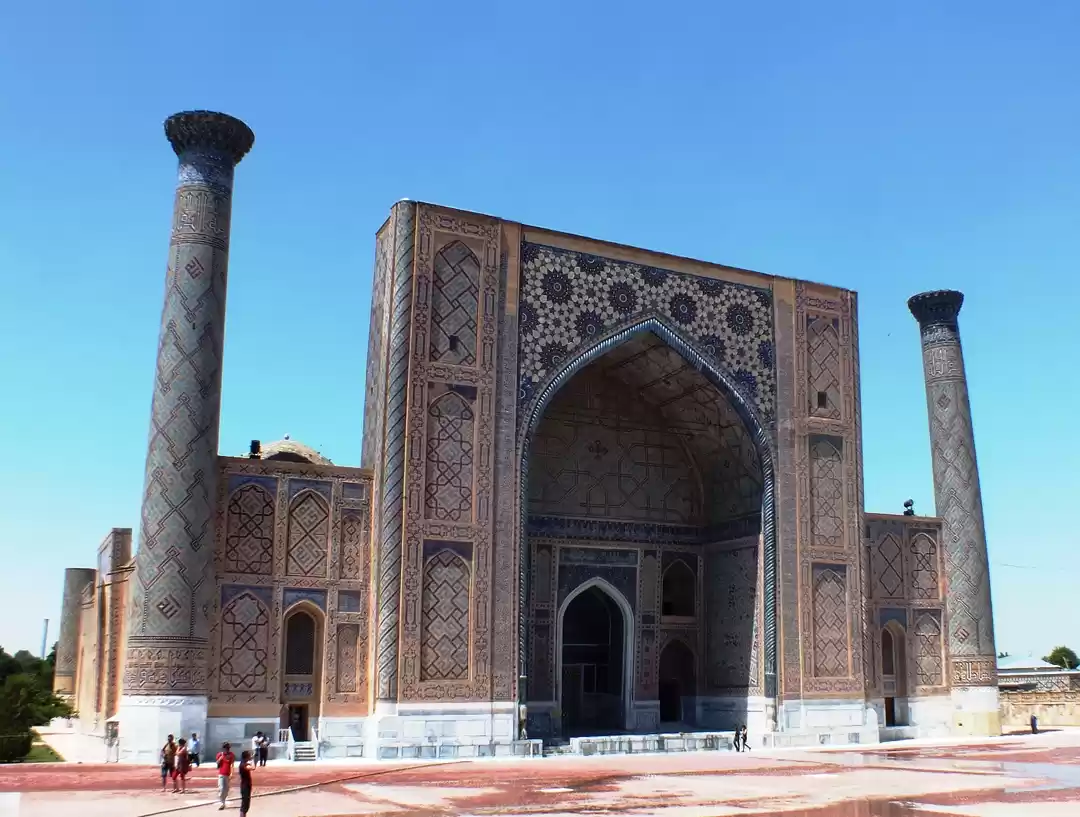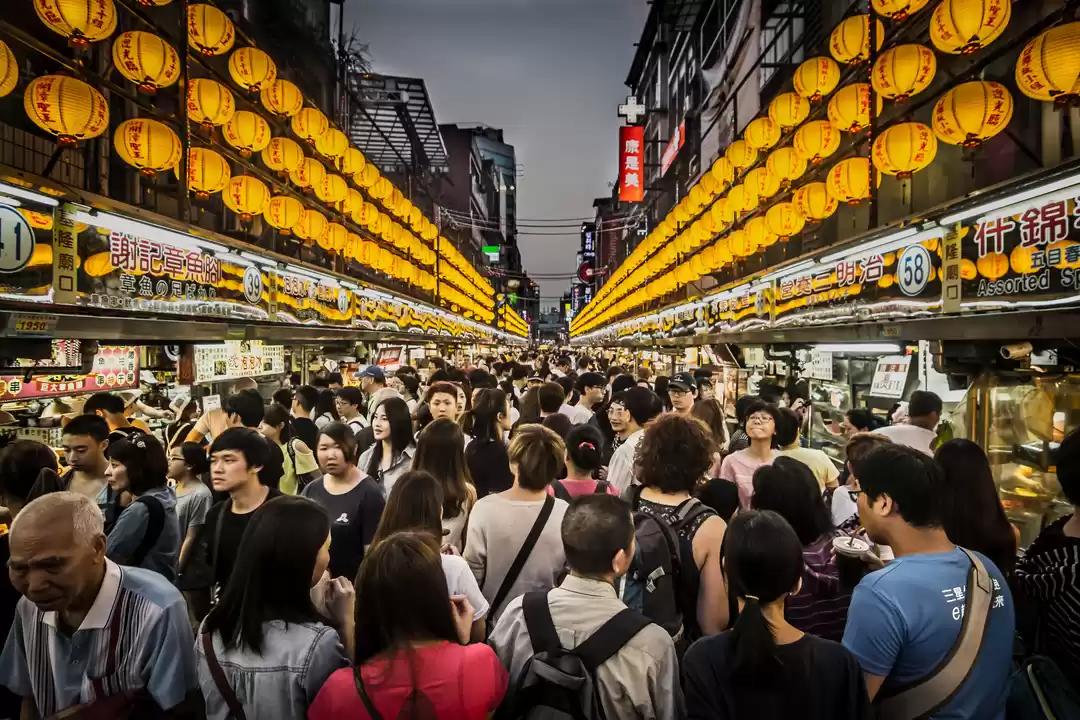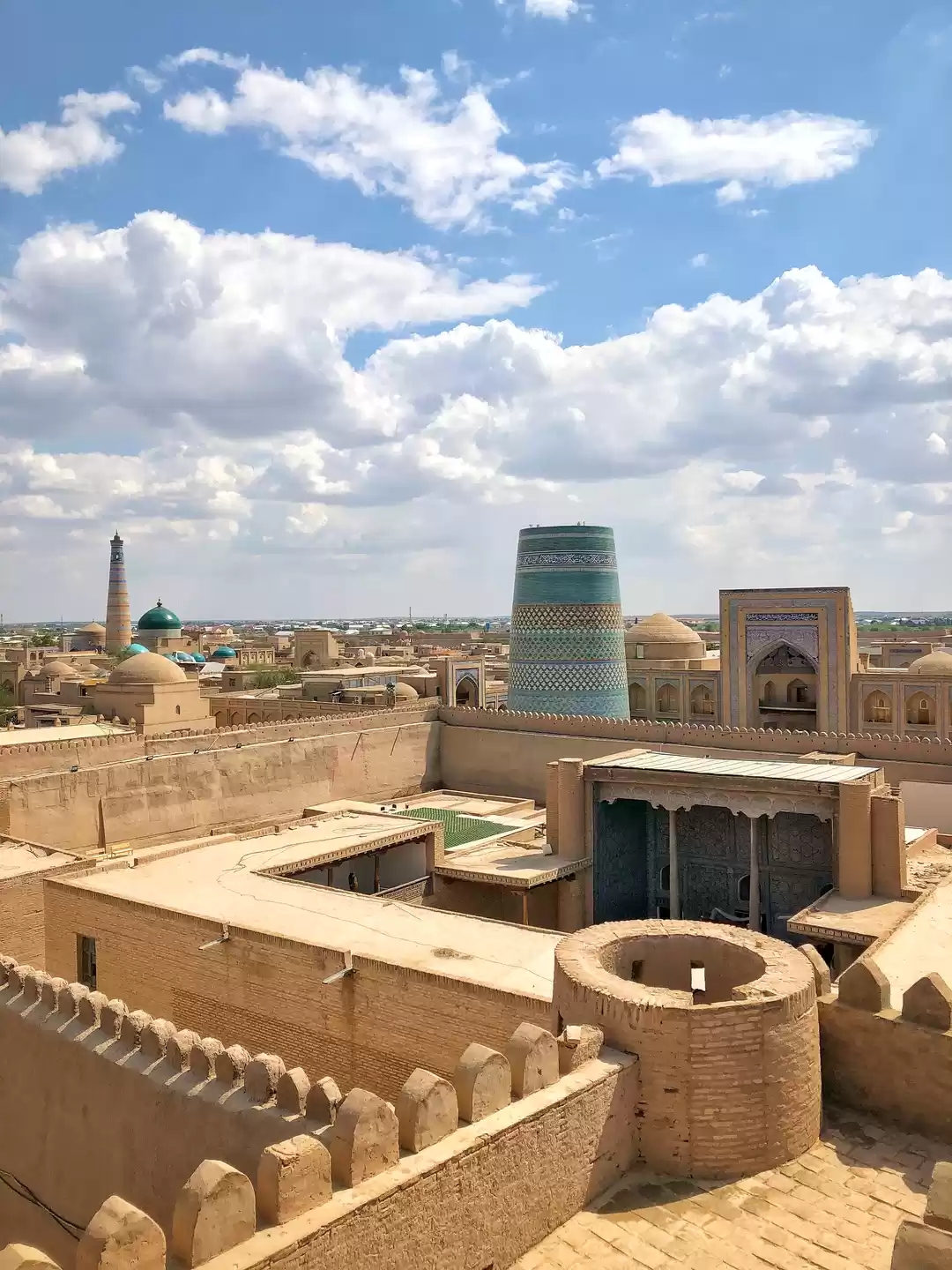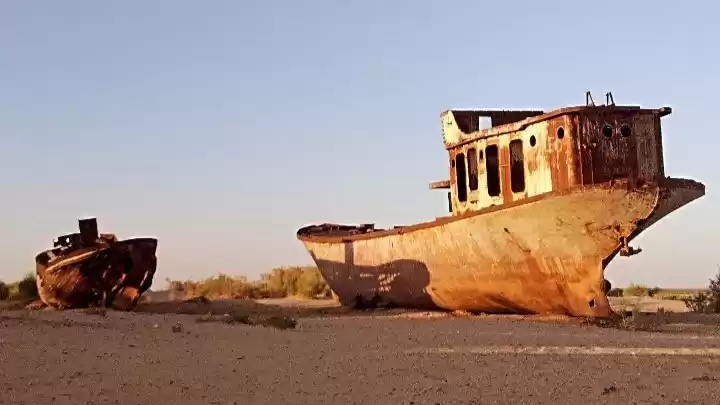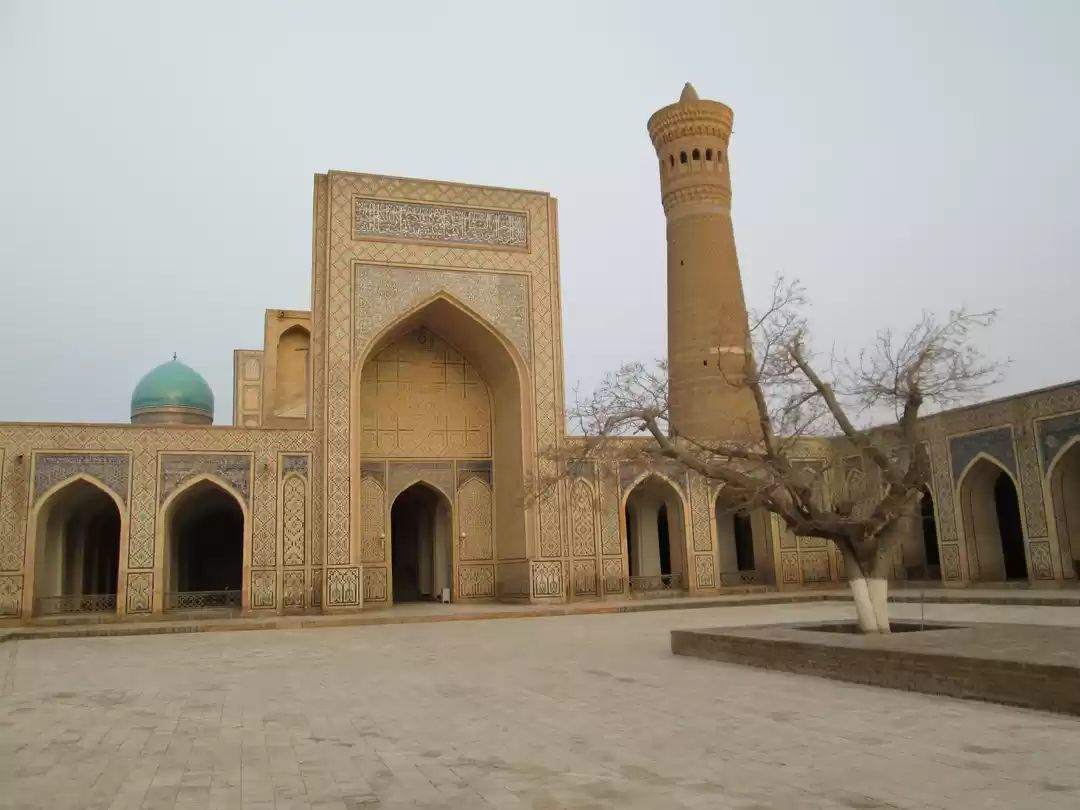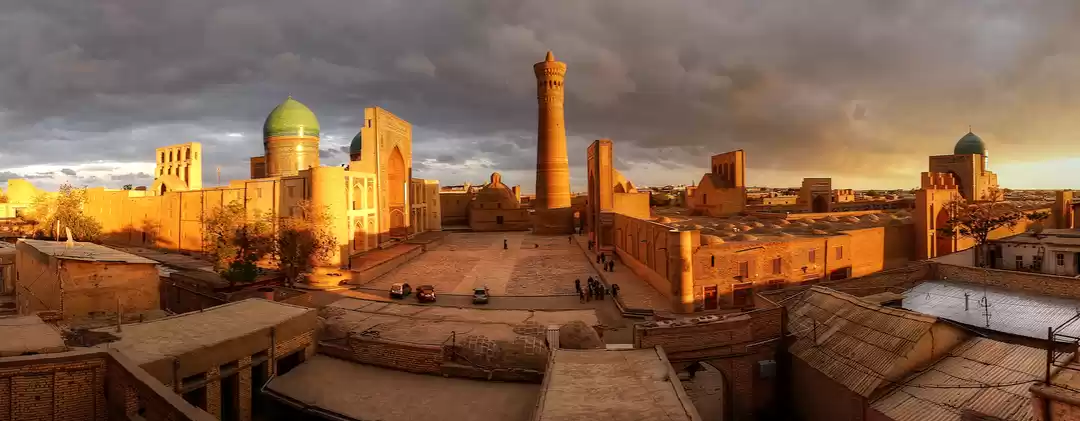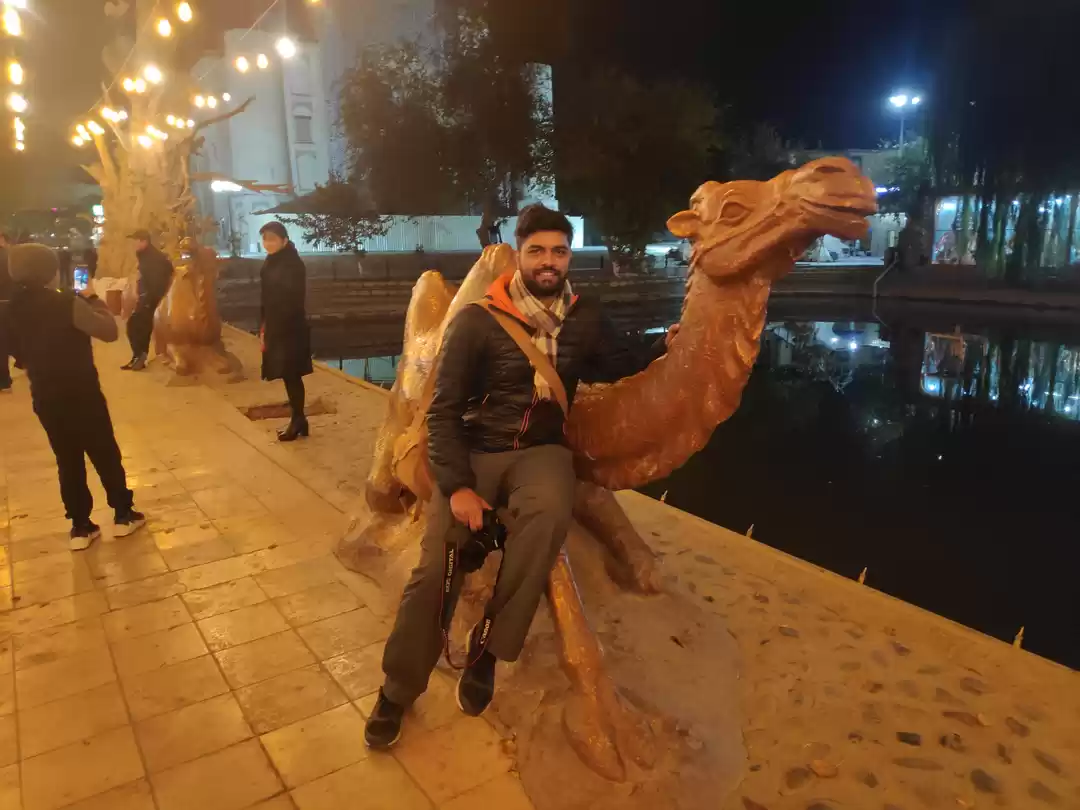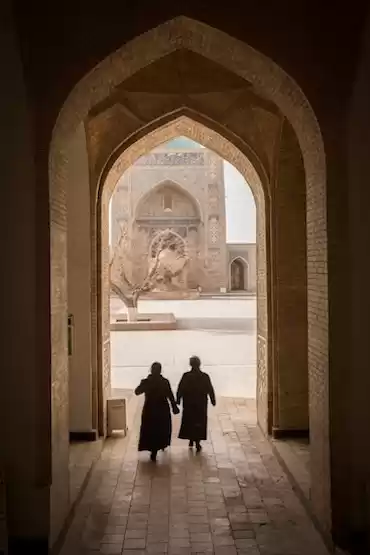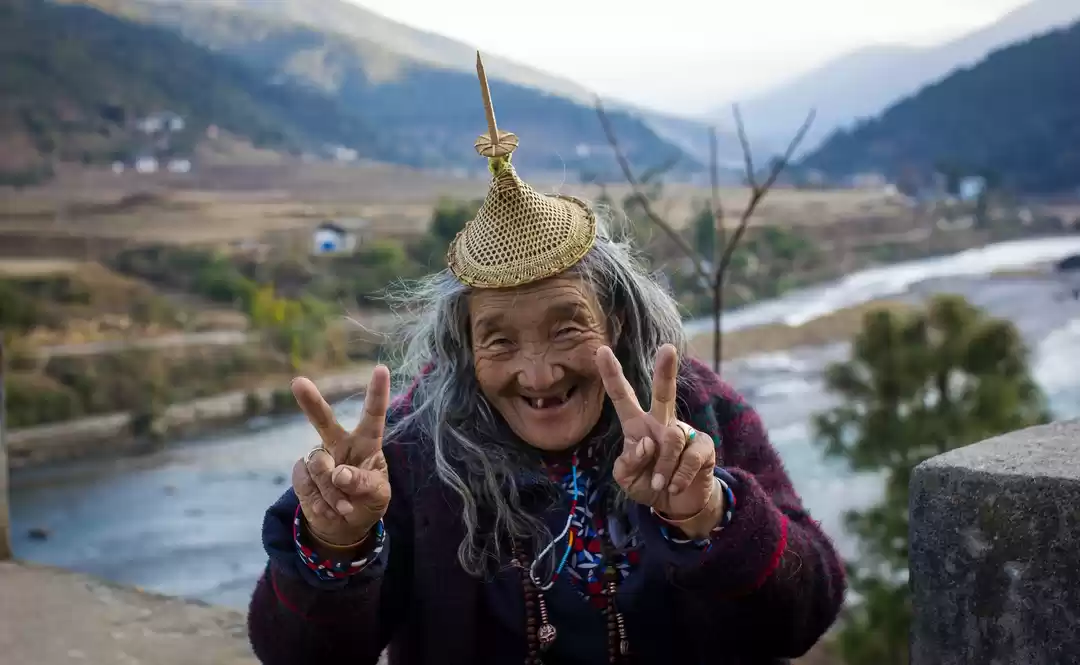
4 Things about the Culture of Uzbekistan

Uzbekistan is known for its hospitality and kindness among the visitors. If invited to a local’s home, be ready to experience wonderful mehman-nawazi. They’ll be more than happy to treat you like royalty if you accept the invitation!

94% of the cars sold in Uzbekistan are Chevrolets. It is one of the most monopolized car markets in the world.

Green tea is the national hot beverage taken throughout the day in the country. The guests are offered a pyala (cup) of tea as a sign of hospitality and cultural importance.

Taking photographs on street might upset some people! Its recommended to not photo government buildings. Be respectful while taking portraits.
4 Facts about Uzbekistan
It is home to the world’s largest open-cast gold mine. It's the Muruntau gold mine located in the Qizilqum desert or Kyzyl Kum desert. The production is about two million ounces per annum.

The economy of Uzbekistan relies heavily on cotton as well as other natural minerals like natural gas, gold, and uranium.

Uzbekistan has the highest population of all the five former Soviet Union Republics in Central Asia. Estimates say that it has a population of around 3.4 crores of which 90% are Sunni Muslims.

The country has a water shortage problem but they also have an advanced underground water and reservoir system to control plant irrigation. It’s one of the most advanced in all of central Asia!
4 Things about the History of Uzbekistan

It has been the land of great empires such as the Achaemenid, Sasanian, Persian, Mongol, and Timurid empires. In recent history, the region was under the control of the Soviets, and it was known as Uzbekistan Soviet Socialist Republic.

The country gained its independence on August 31st, 1991 after the dissolution of the USSR. It is a doubly-landlocked nation which means that all its neighboring nations are also landlocked.

The first people who are recorded to have occupied this region of central Asia were Eastern Iranian nomads known as Scythians. They founded kingdoms in Khwarazm, Bactria, Sogdia, Fergana, and Margiana.
The Aral Sea used to be the 4th largest lake in the world and it began to shrink in the 1960s after the rivers that fed it were diverted by the Soviet Union's irrigation projects which vanished 90% of the lake by 1997.
4 Wonders of Uzbekistan
The Kalyan minaret was made in 1127 to summon Muslims. The minaret is a prominent landmark of the Kalyan mosque complex in Bukhara. It is 45.6 meters high with a 9m diameter at the bottom and 6m diameter at the top.
The Tashkent tower is the 12th tallest tower in the world having a height of 375 meters. It became operational as a radio and television transmission since 1985.
The ancient walled city of Khiva/Ichan Kala is a part of the world heritage site. The old city is surrounded by 10m high plastered brick walls whose foundations were laid during the 10th century.
Registan Square is centrally located in the ancient city of Samarkand. It functioned as a place where public gatherings for royal proclamations happened during the supremacy of King Timur.








